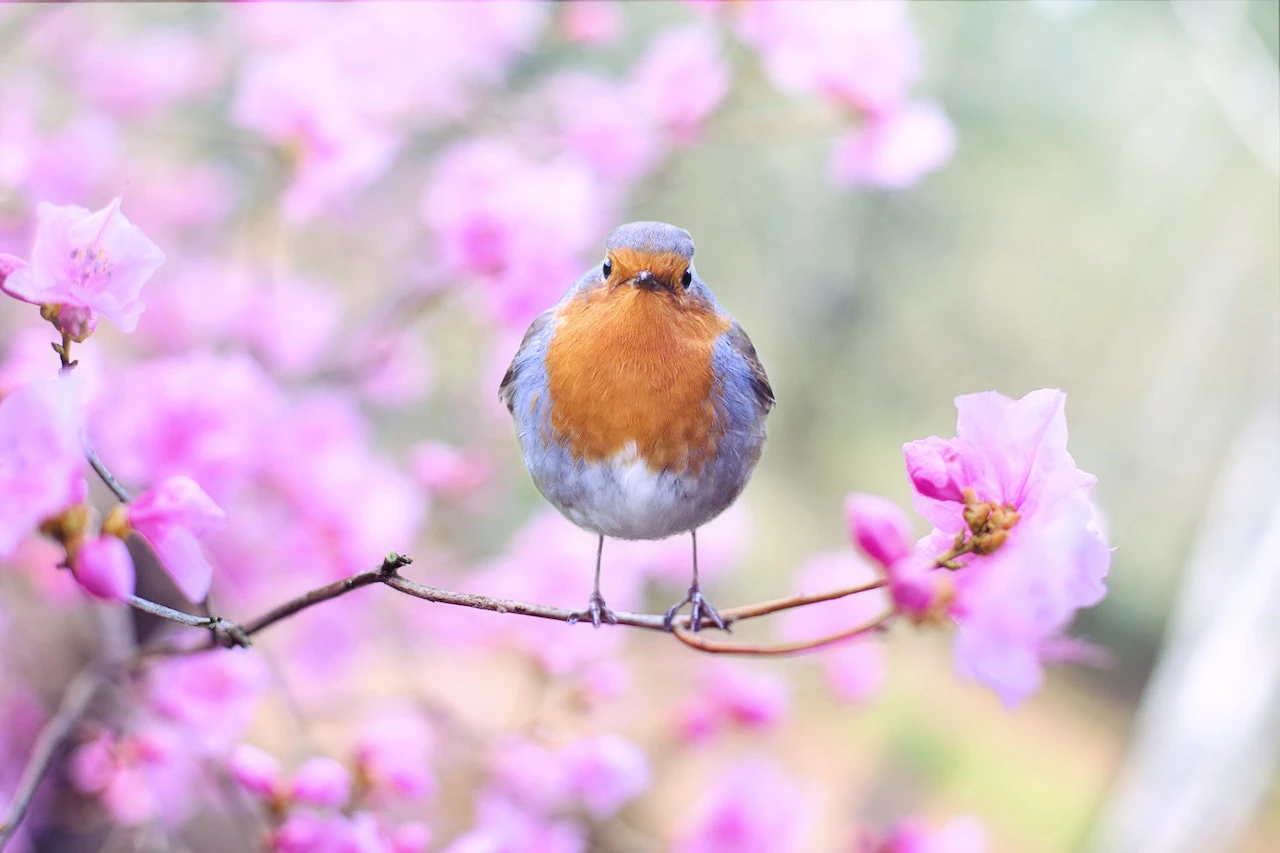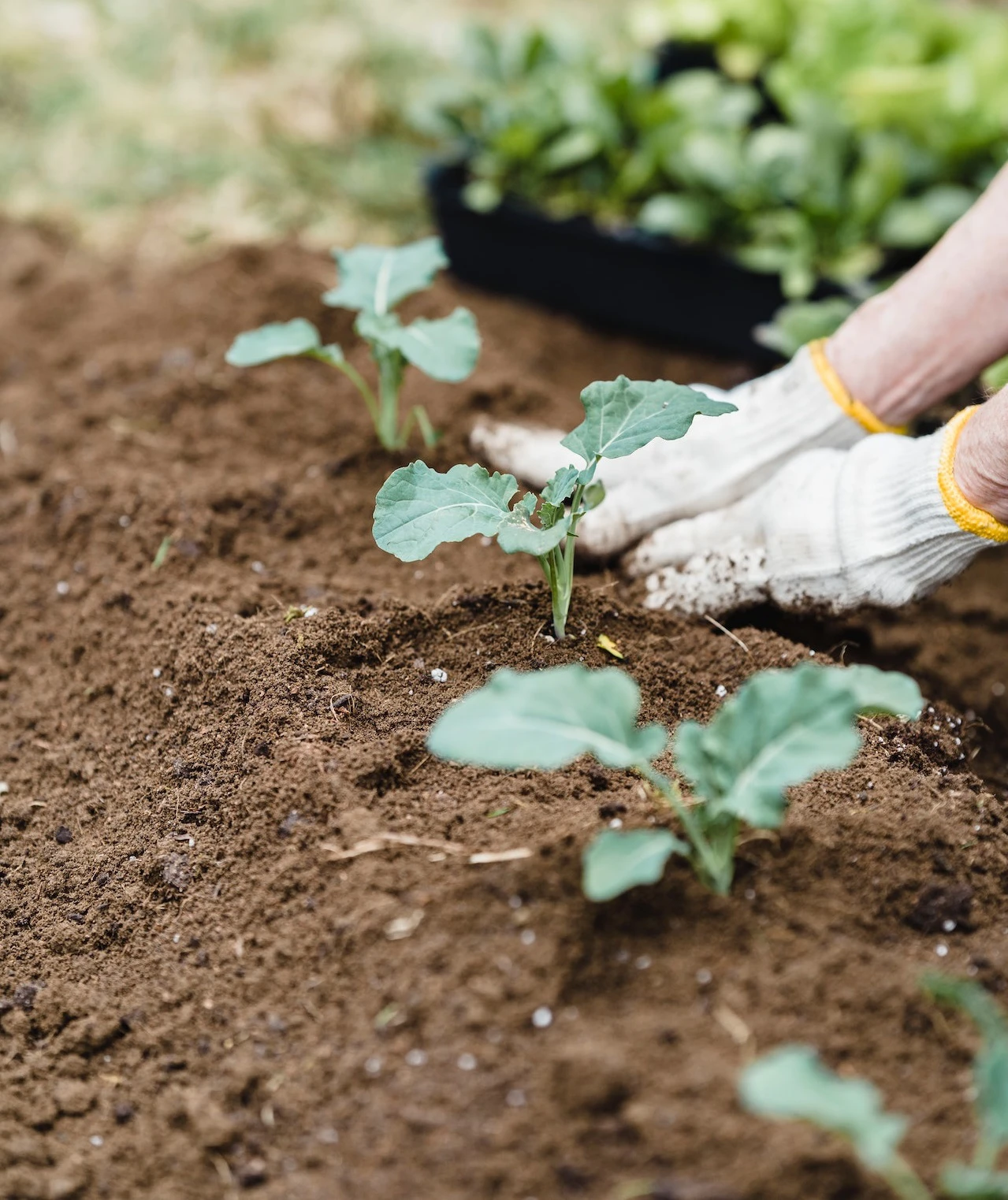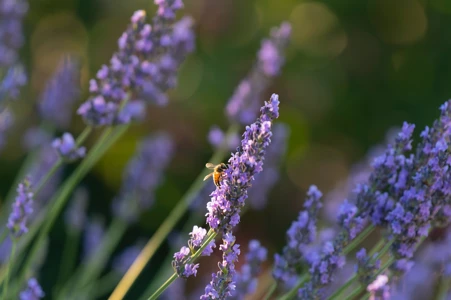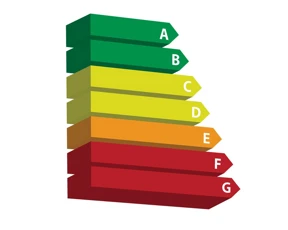By making conscious choices and adopting eco-friendly practices, you can transform your garden into a haven of greenery that benefits both you and the planet. Let’s explore various ways to make your garden greener, promote biodiversity, and conserve resources.
Use sustainable materials and tools
When designing or renovating your garden, choose sustainable materials like reclaimed wood, recycled plastic, or natural stones. Minimise the use of concrete and other non-porous surfaces to allow rainwater to permeate the soil.
Choose eco-friendly and energy-efficient garden tools, such as solar-powered lighting and electric mowers, to reduce your carbon footprint. You should also try to use real grass in your garden. Artificial turf can be damaging to animals and their eco-systems, especially if you’re replacing real grass with it.

Attract wildlife
Making your garden more inviting to wildlife not only adds beauty to your property, but also plays a vital role in the ecosystem. By allowing a portion of your garden to grow wild, you’re providing a habitat for beneficial insects, birds, and small mammals, thereby encouraging biodiversity.
Planting native flowers, shrubs, and trees is a great way to attract bees, butterflies, and birds. You can also install birdhouses, birdbaths, and insect hotels to provide habitats for various creatures.
Sustainable water management
There are various water management methods you can use to conserve water and also save money, another precious resource, on your water bill. When it comes to water management systems, there is rainwater harvesting, greywater recycling, and smart irrigation.
Rainwater harvesting involves setting up water collection fixtures and water storage tanks - by doing this, you can harvest naturally occurring water for use in your home.
Smart irrigation systems are advanced water management solutions designed to optimise irrigation processes. Using sensors, weather data, and soil moisture measurements, these systems adjust watering schedules and amounts based on real-time conditions. By providing precise irrigation, they reduce water wastage, prevent overwatering, and promote healthier plant growth.
Wastewater produced by sinks, showers, and washing machines is known as greywater. You can use less freshwater by treating and recycling greywater for irrigation or toilet flushing.
Grow your own food
Growing your own food is a delightful way to make your garden greener and more sustainable. By cultivating fruits, vegetables, and herbs, you not only reduce your ecological footprint, but also gain the satisfaction of knowing exactly where your food comes from. Additionally, homegrown produce boasts superior flavour and nutritional value, encouraging a healthier lifestyle.
What if you don’t have the space to grow your own food?
For those with limited garden space or living in flats, the dream of growing your own food doesn't have to be out of reach. Allotments offer a fantastic solution, comprising small plots of land to cultivate crops and flowers. What are some of the other benefits of using allotments to grow your own produce?

Efficient use of land
Allotments make efficient use of urban spaces that might otherwise remain unused. By transforming vacant land into productive gardens, allotments contribute to greener cities, and providing fresh, locally grown produce.
Provides a sense of community
Allotment sites foster a sense of community among gardeners. By participating in a collective gardening space, you can exchange knowledge, ideas, and even produce.
It’s not just human communities that allotments foster, these sites also promote biodiversity, as gardeners grow a variety of crops that attract a diverse range of wildlife and pollinators, such as bees, butterflies, and moths.
Promotes a healthy ecosystem
Many allotment gardeners follow organic and sustainable gardening practices, avoiding the use of harmful chemicals and focusing on natural cultivation methods. This commitment to eco-friendly techniques helps support a healthier environment for everyone, humans, plants, and animals alike.
Make your garden greener!
Creating a greener garden is not only beneficial for the environment, but also rewarding for gardeners. By embracing organic methods, conserving water, attracting wildlife, and incorporating sustainable practices, you can make your garden a flourishing green space that harmonises with nature.
If you lack sufficient space at home, exploring the option of renting an allotment opens up opportunities for growing your own food, fostering community connections, and contributing to a more sustainable earth.
Important information
Your home may be repossessed if you do not keep up repayments on your mortgage.
There may be a fee for mortgage advice. The actual amount you pay will depend on your circumstances. The fee is up to 1% but a typical fee is 0.3% of the amount borrowed.







